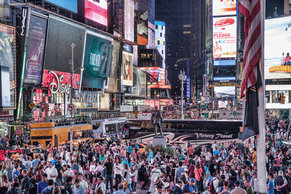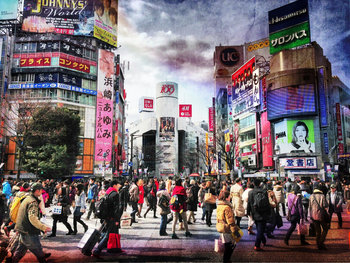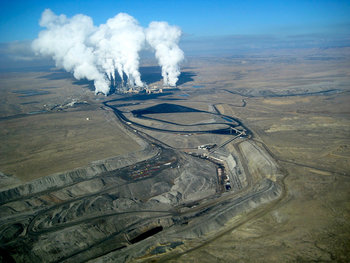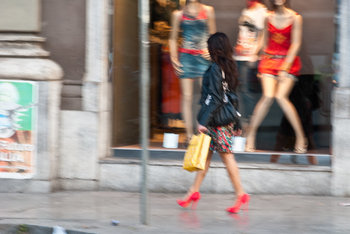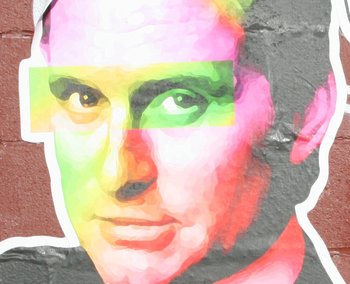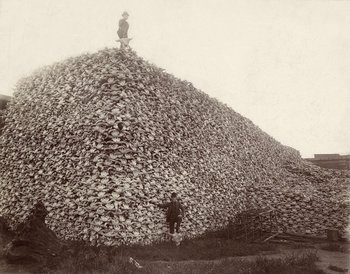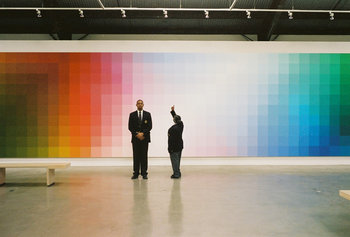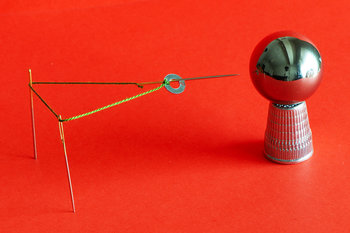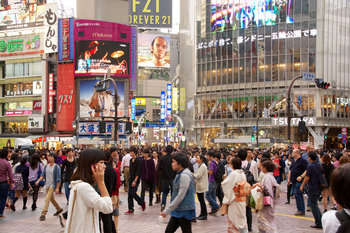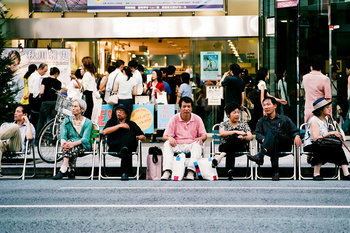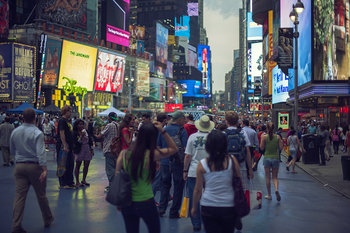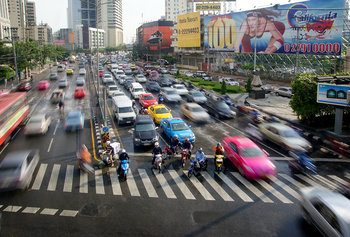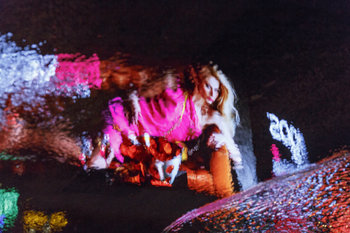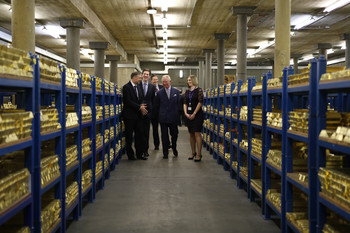Behavioral Economics
Behavioral economics is the practice of modeling the cognitive, emotional and social forces that influence economic decisions. For example, a fear of missing out that drives demand for a trendy product.Information Asymmetry
Information asymmetry is where one side in a transaction has more information than the other side. For example, a consumer purchasing driving insurance may know that they are an unusually dangerous driver. This is known as adverse selection whereby consumers who are at high risk are more likely to buy extra insurance.Bounded Rationality
Bounded rationality is the theory that consumers are basically logical but that their decisions aren't necessarily logical due to factors such as time limitations, misinformation and information costs. For example, a consumer may purchase a bicycle helmet that is extremely unsafe compared to alternatives because they don't have the time and resources to investigate the complexities of quality, product design and safety standards.Consumer Protection
Due to bounded rationality, consumers benefit from protections such as standards, regulations and laws that prohibit practices that are detrimental to fair commerce, health, product safety and sustainability. Consumer economics looks at the impact of various types of consumer protection. For example, the impact of labeling laws that require consumers to be notified of harmful substances in a product such as lead in glassware.Credit & Saving
Consumer behavior related to credit and saving. For example, the degree to which consumers cut back on consumption when they are in debt.Consumer Confidence
How consumers feel about the future and the impact of this on spending, saving and credit consumption.Conspicuous Consumption
Conspicuous consumption is spending motivated by a desire for social status. For example, a consumer who purchases a luxury car they can't afford to impress peers.Conspicuous Conservation
Conspicuous conservation is spending motivated by a desire to be viewed as a good person. For example, a consumer who buys an electronic motor for their sailboat so that they can virtue signal at the yacht club.Attention Economics
Attention economics is the idea that a consumer's attention has value. This is the basic economics behind advertising.Notes
Consumer economics is usually considered microeconomics because it is focused on individual behaviors in the marketplace. However, consumers are also modeled by macroeconomics. For example, microeconomics might look at the behavioral reasons for sticky prices and macroeconomics simply includes this effect in a model without any attempt to understand it.| Overview: Consumer Economics | ||
Type | ||
Definition | The study of the economic behavior of individuals and households. | |
Related Concepts | ||

